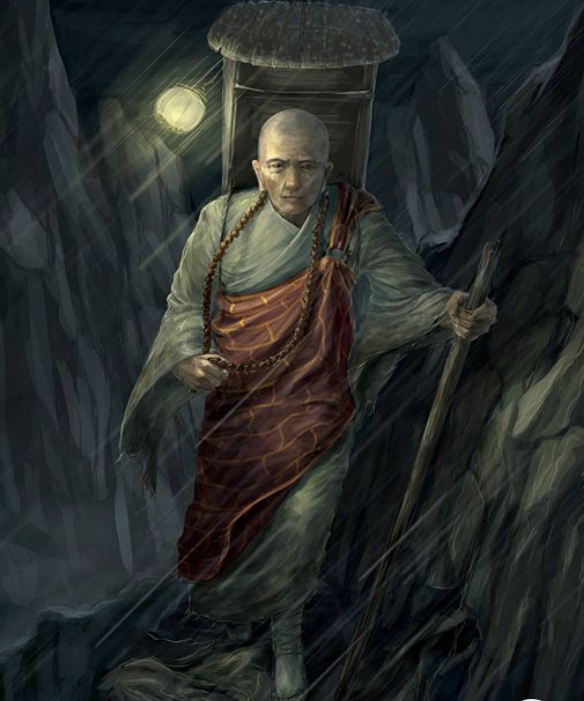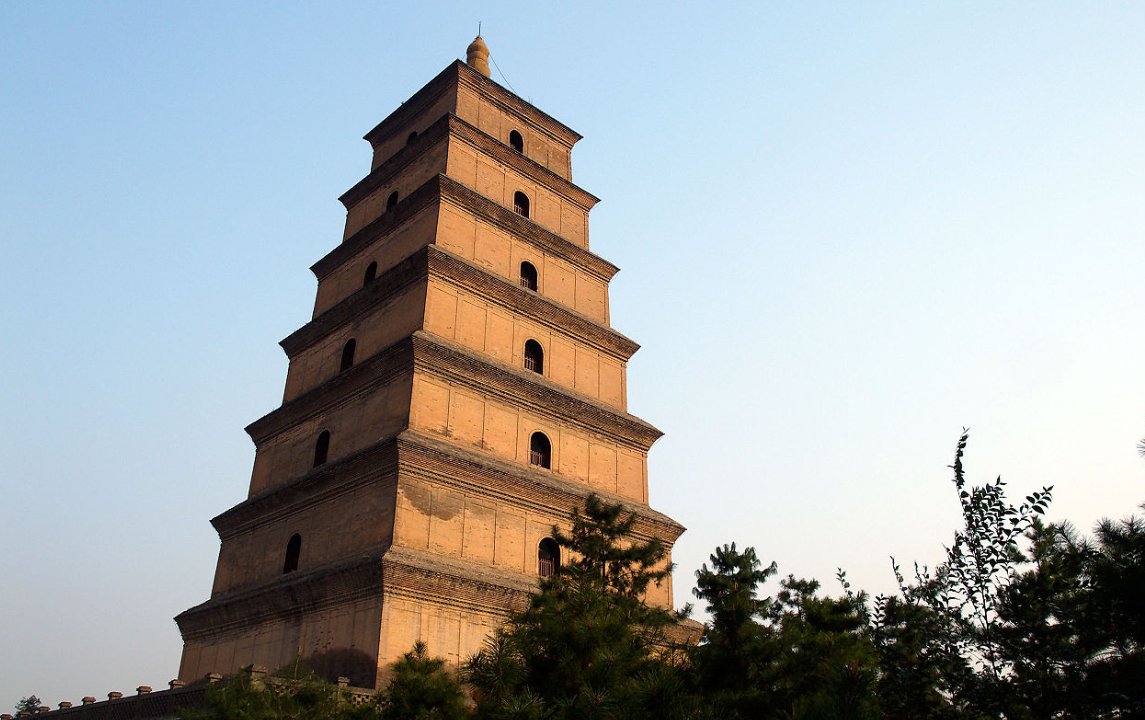Easily one of the most incredible lives ever lived was that of Xuanzang. Left China illegally to satisfy his thirst for knowledge, spent 16 years traveling 15000 km, made friends with kings, taught in universities, learned several languages, won several debates & wrote tirelessly
The impact that his work has had on China and India is hard to wrap our heads around. For one thing, he took back to China thousands of scrolls that he then translated to Mandarin forming the bedrock of buddhist philosophical discourse.
His work has been monumental for India too
His work has been monumental for India too
For one thing, when the British were rediscovering India& #39;s ancient Buddhist past, a French translation of Xuanzang& #39;s "Journey to the Western Regions" is what men like Alexander Cunningham depended on to identify Buddhist spots definitively like Rajgriha and Bodh Gaya
Nalanda and even Lumbini, the birth place of Buddha. It is hard to imagine now that all these places were lost to time and Xuanzang had written down directions from major cities to all these places that proved remarkably accurate. Much that we know of India then is thanks to him
Imagine your work influencing history and its rediscovery 1200 years after you wrote it. If it wasn& #39;t for Xuanzang, who knows, much of India& #39;s Buddhist past may still lie shrouded or certainly wouldn& #39;t be as clear as it is today. It is hard to imagine the will that drove him
Hard to imagine the difficulties of travel in those days. He almost died in his onward journey when he spilt his water flask in the deserts of China. Was saved by a Boddhisattva the story goes.His horse died and his guide tried to kill him. All this before he reached Central Asia
In China today, Xuanzang is a famous figure. But not because of his work as a scholar so much as his presence in one of China& #39;s most beloved works of fiction written in the 16th century called "Journey to the West". The book is full of monsters, gods, kings and the Buddha

 Read on Twitter
Read on Twitter



